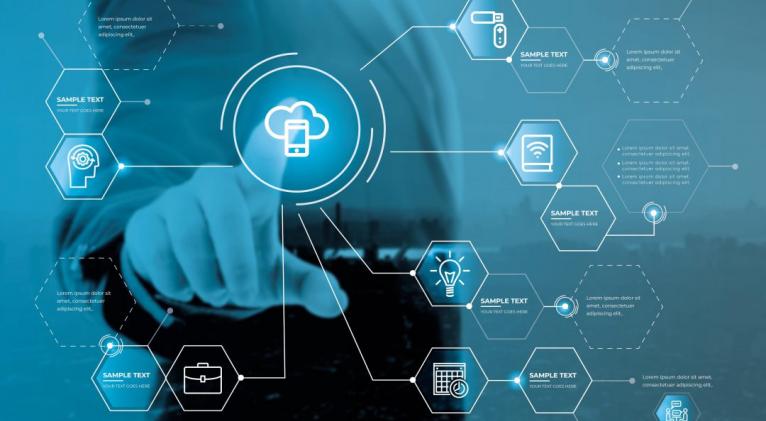
The role of digitization in the economic and social development of Latin America is one of the topics that are being discussed today in the XVIII. International Informatics Congress and Fair 2022 in Havana.
In this sense, Prensa Latina highlights the dissertation of the Master of Science Maryleana Méndez, Secretary General of the InterAmerican Federation of Telecommunications Companies, which can be consulted by the participants who visit the Havana Convention Center in person or access the appointment booking through the virtual platform Fevexpo.
The meeting, which started the day before with the support of Cuban President Miguel DíazCanel, brings together professionals from the computerization sector from 14 countries who will discuss topics such as telecommunications, cybersecurity, software industry, electronics, robotics and computer science.
In the first of his sessions, Deputy Prime Minister José Luis Perdomo argued that the island’s digital transformation is a pillar of government that aims to increase popular participation and interaction between citizens and public administration.
According to him, the objectives set in this area require the creation of new capacities, the diversification of the technological players in the sector and the strengthening of the electronic management programs of the different municipalities.
Likewise, International Telecommunications Union (ITU) representative for Central America, Miguel Alcaine, recognized the Antilles nation’s efforts to expand broadband infrastructure to effectively promote the use of Information and Communication Technologies (TICS).
He also commended Cuba’s efforts to encourage the creation of small and mediumsized enterprises, which he believed were critical to innovation and job creation.
For her part, the Cuban Minister of Communications, Mayra Arevich, emphasized the government’s will to further increase services for the population.
Cuba, he explained, will continue to develop the process of computerization of society and move towards digital transformation to ensure the construction of an inclusive, supportive digital society without social gaps and with the aim of contributing to the development of people and values. most authentic of his revolution.
Until next Friday the 25th, more than 270 national and international contributions from countries such as Mexico, Spain, China, Argentina, Brazil, Canada and France will be presented at the conference.
The exhibition fair developed to accompany the theoretical event aims to form strategic alliances, exchange experiences and present industryspecific applications, solutions and services.

